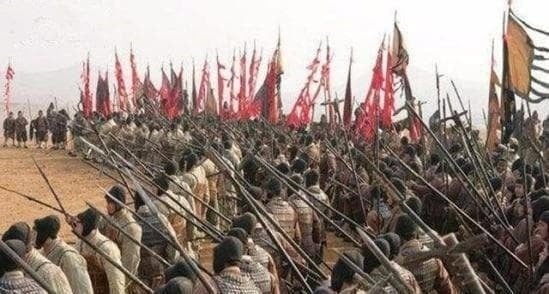Human physiology plays a vital role in our daily lives, encompassing fundamental activities such as eating, personal hygiene, sleep, and especially sexual needs – a fundamental instinct for the survival of the human race.
How did ancient soldiers manage their physiological needs?
In ancient Chinese military forces, predominantly comprising male soldiers, addressing physiological needs posed a significant challenge. Historically, various methods were employed, but not all were humane.
One of the less cruel solutions was allowing the wives of high-ranking officers to accompany their husbands on military campaigns. Their presence not only fulfilled physiological needs but also provided daily care for their husbands and helped alleviate homesickness during long marches.

However, this method wasn’t always feasible, especially considering that women in ancient times were typically educated to stay at home and were unaccustomed to traveling long distances. Moreover, the dangerous military environment also posed significant risks to their safety.
A more ruthless approach involved the utilization of “military comfort women,” who were selected by the court and tasked with servicing the soldiers’ physiological needs. These women often lacked social status, were abused, and had little to no rights, essentially becoming tools for the soldiers’ release without any protection.
Additionally, encouraging soldiers to capture women during attacks and conquests was another strategy employed to boost morale, although this left severe consequences for the victims of such forced encounters.

These methods not only reflect the cruelty of war but also shed light on how women were viewed and treated in ancient societies, often facing danger and being treated as spoils of war.
Today, thanks to societal and military advancements, the approach to physiological needs in the military has significantly changed. More civilized methods, such as arranging meetings and finding partners during festivals or events, are now employed. Additionally, women have become an integral part of the military, contributing to a healthier and more gender-balanced environment.

































